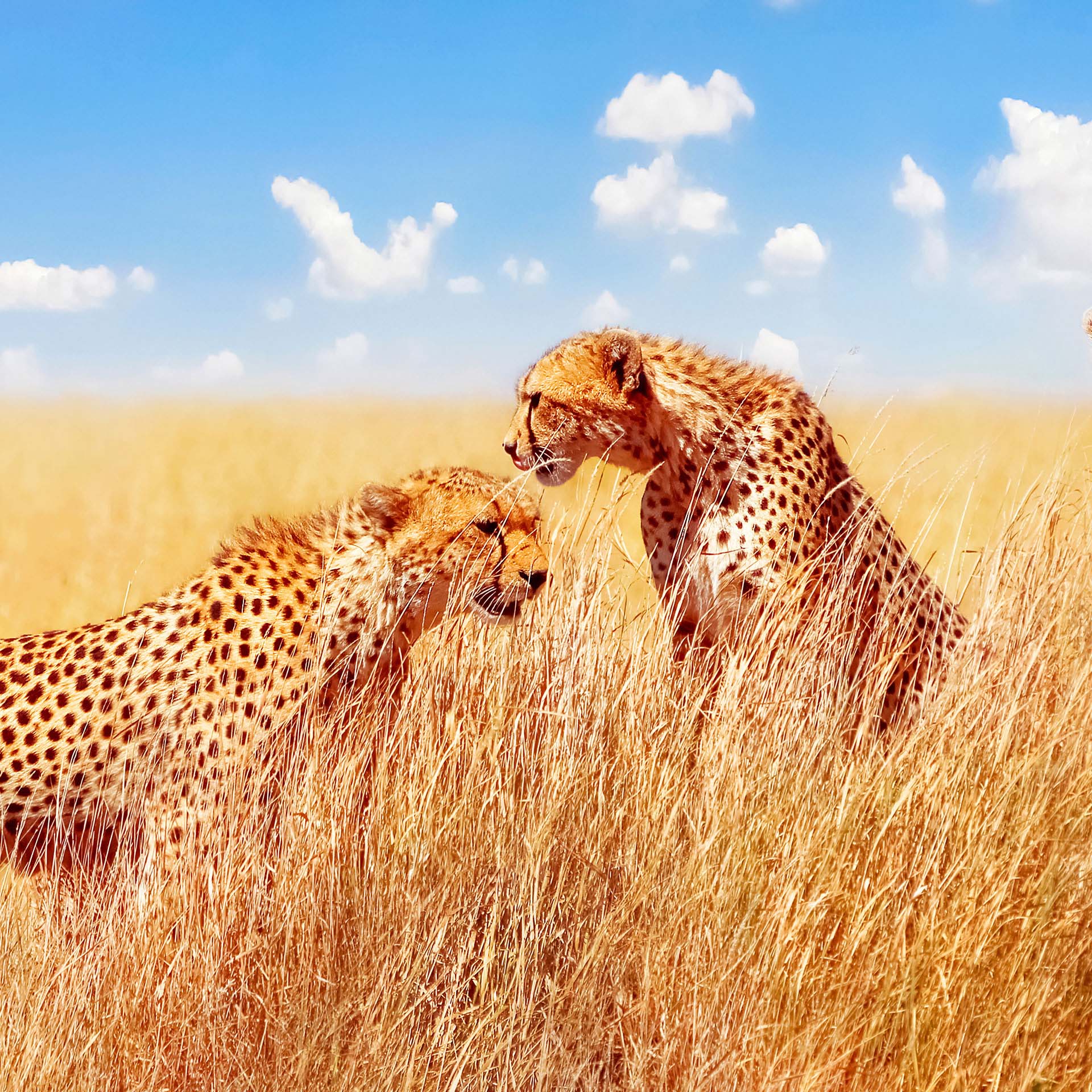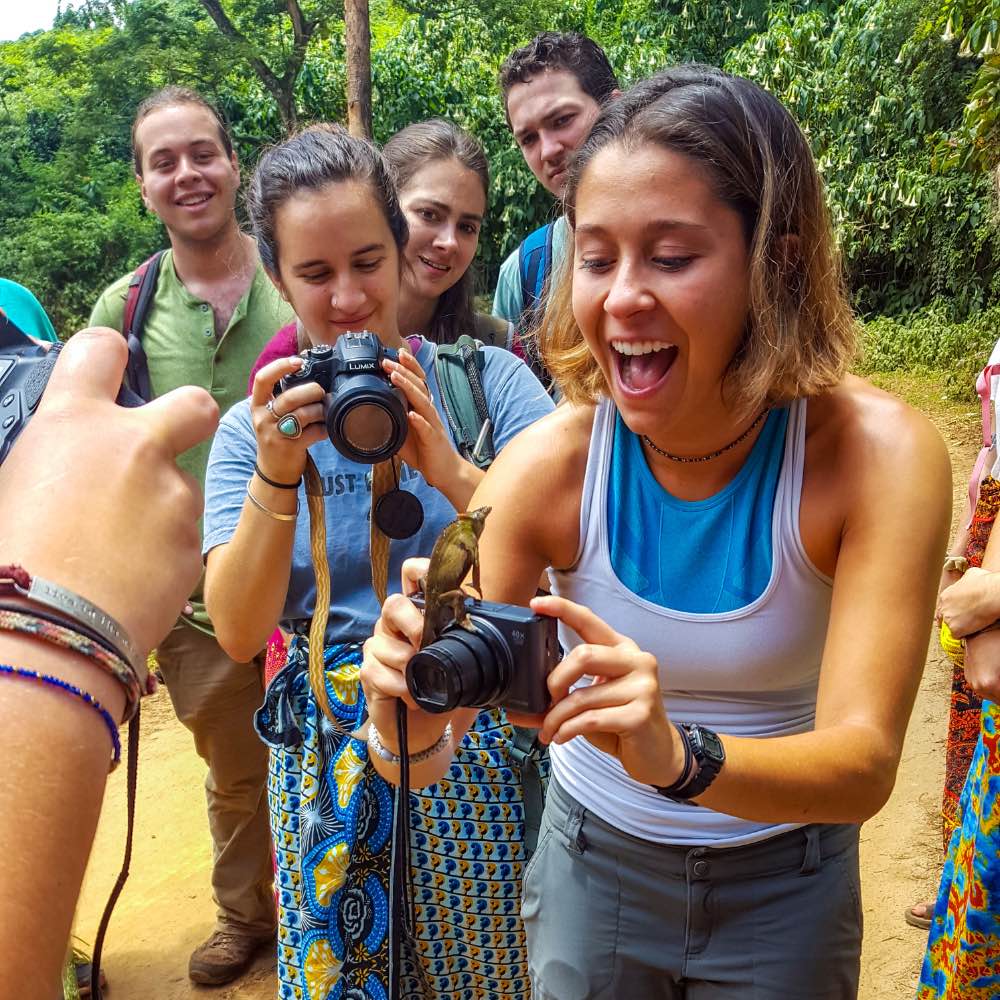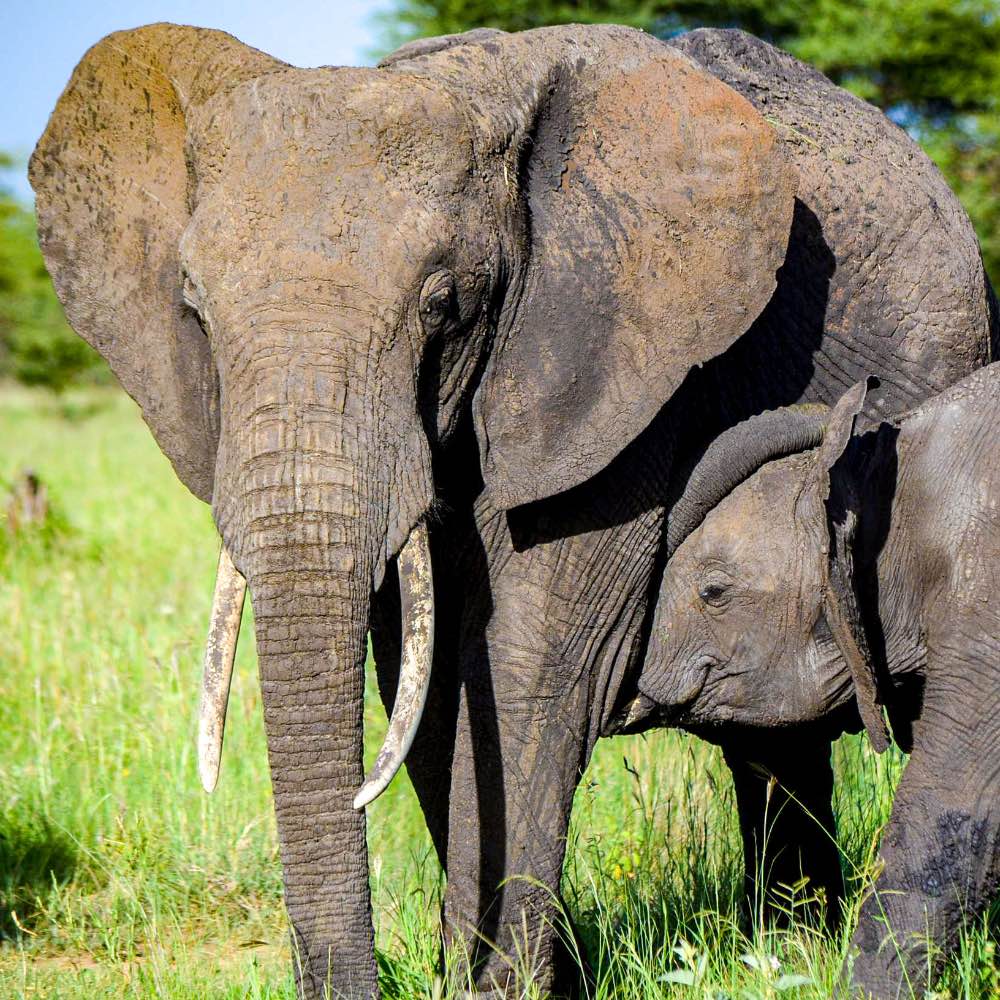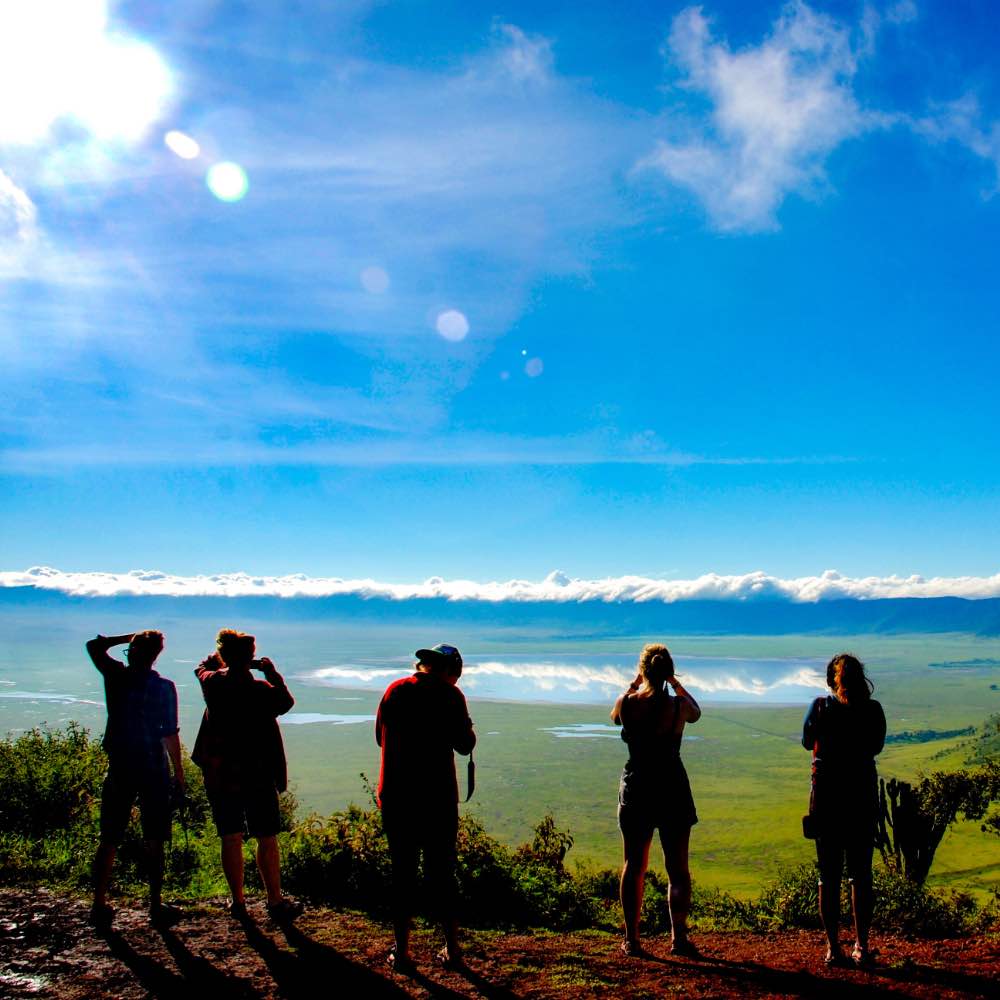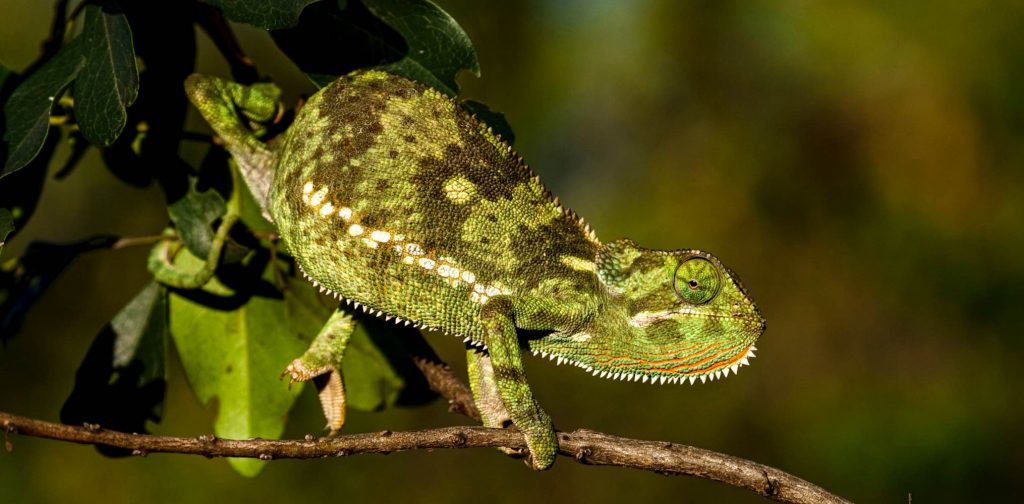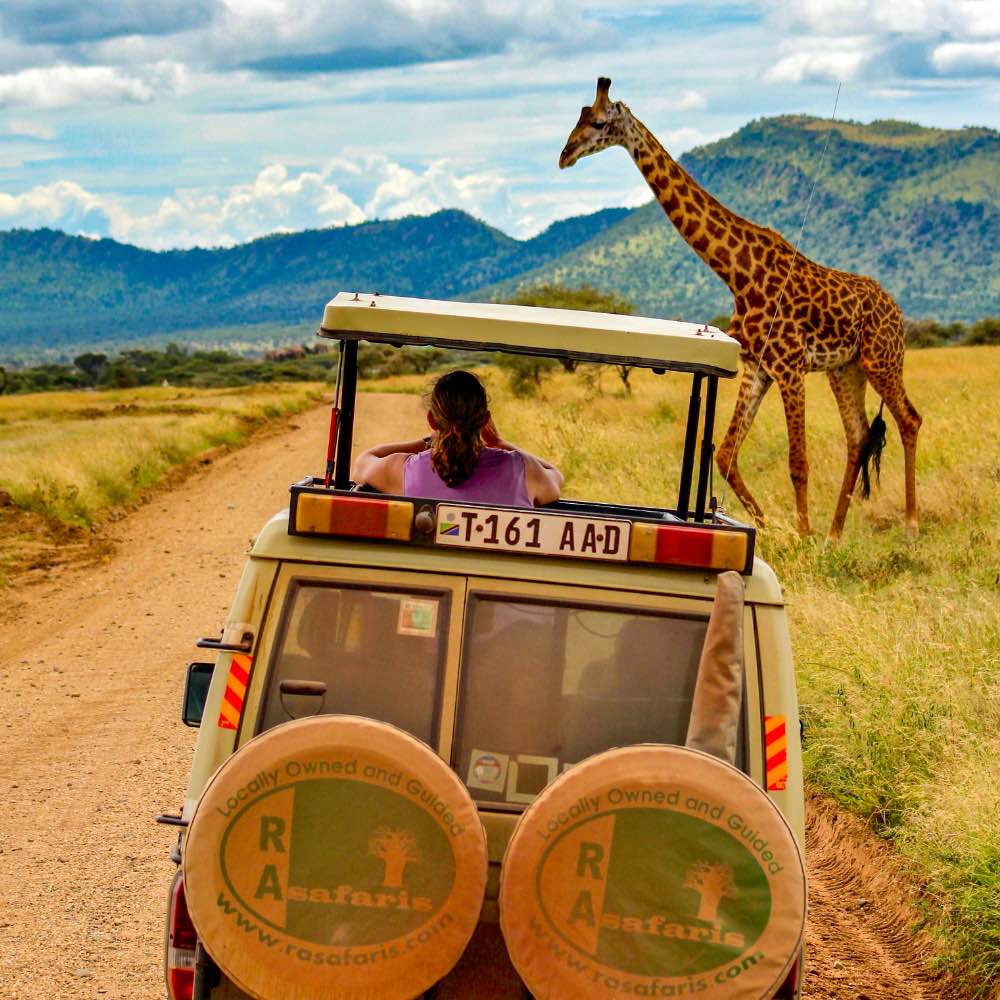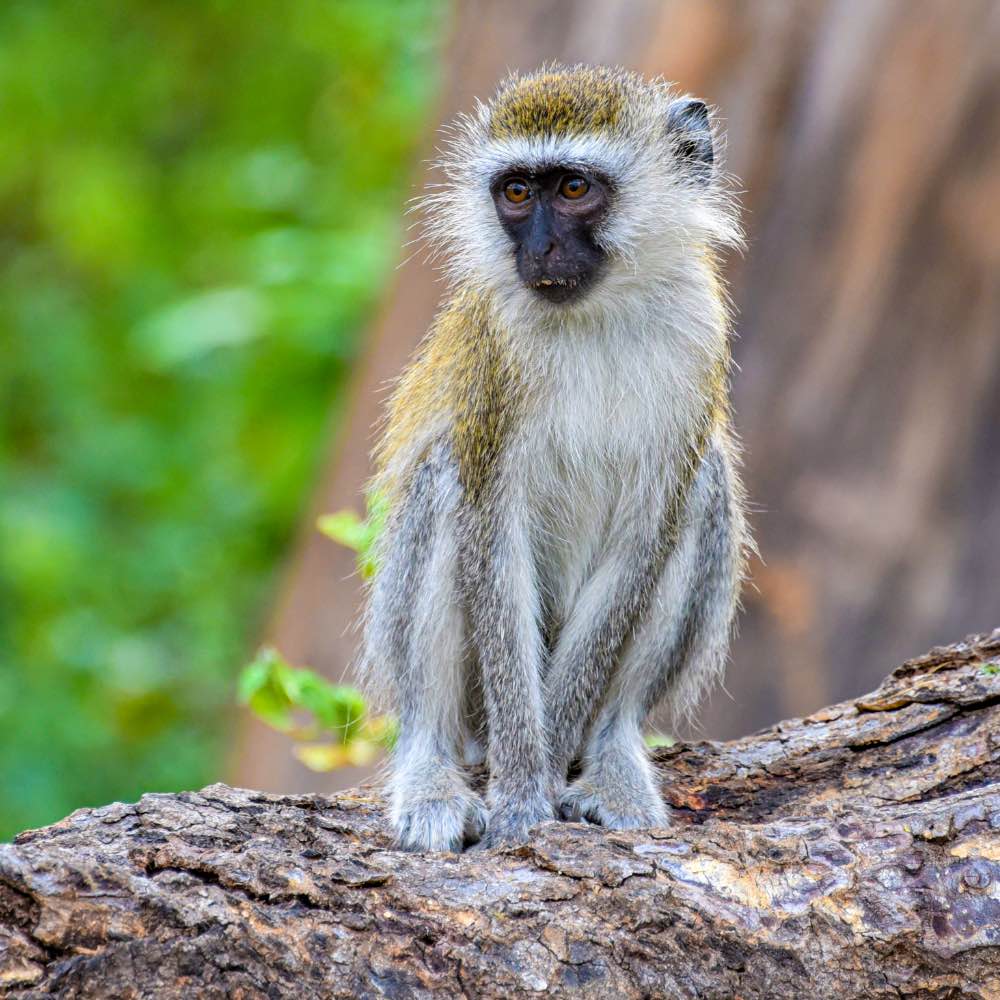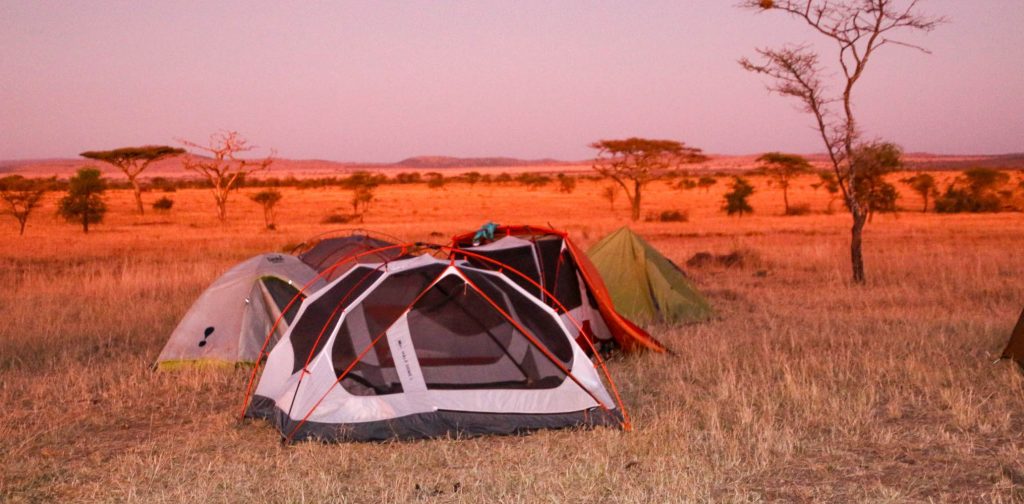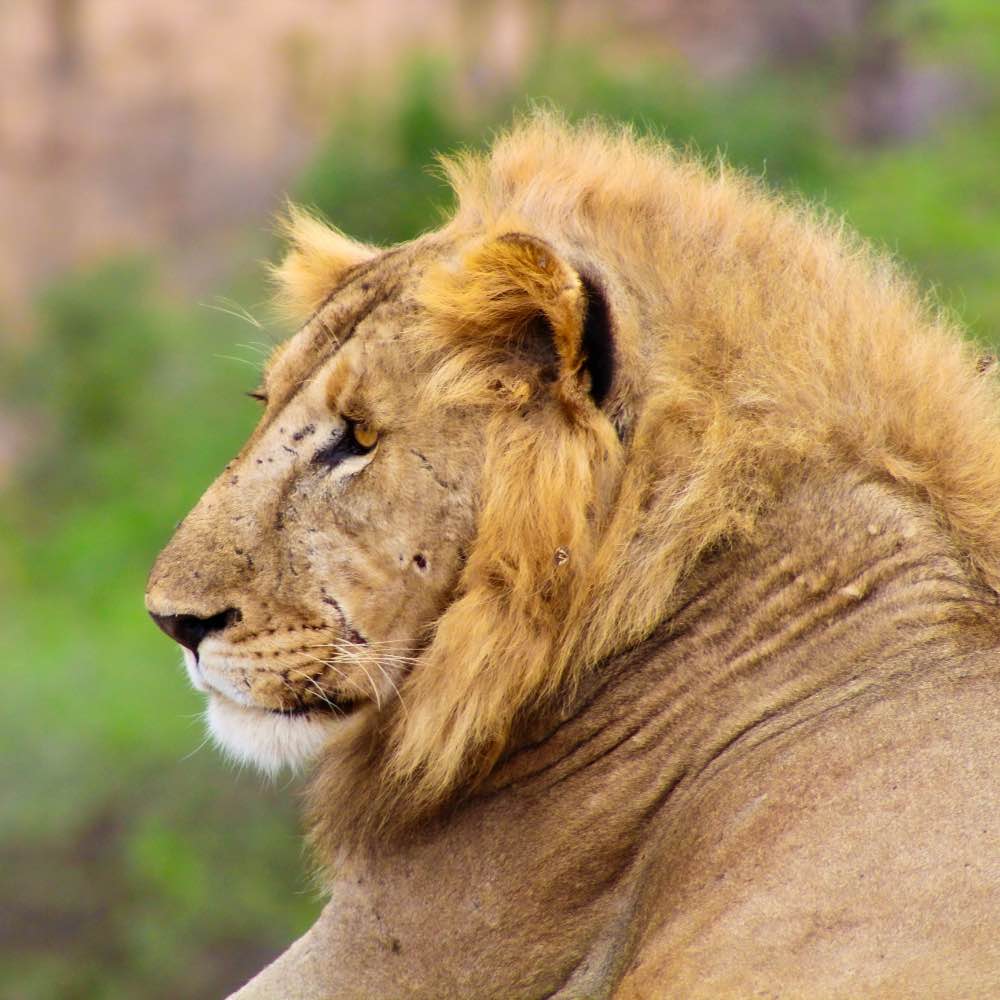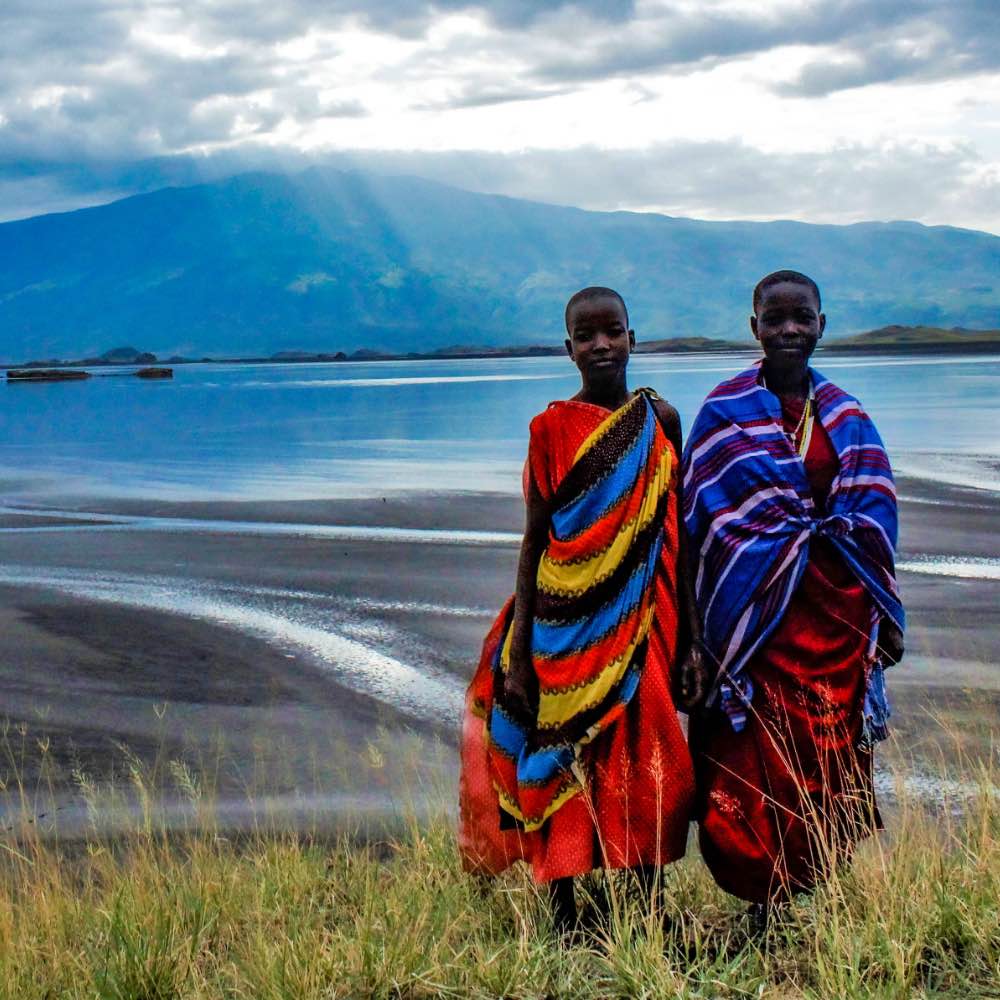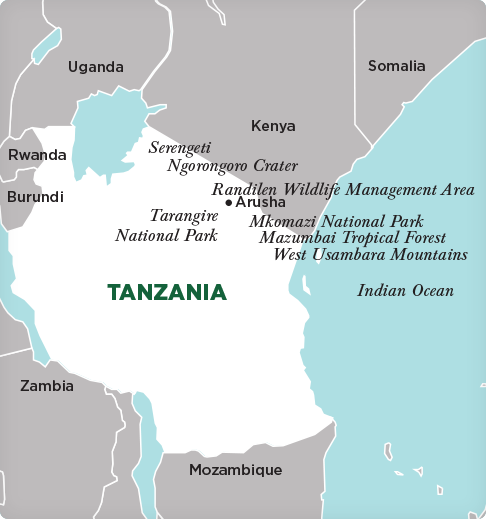Overview
Why study abroad in Tanzania?
Tanzania is a beautiful and diverse country, home to the Serengeti Plains, Mount Kilimanjaro, and the Zanzibar archipelago. You’ll spend time camping in these wilderness areas to see the variety of Tanzania’s landscapes and wildlife, including lions, zebras, elephants, and a range of bird species including ostriches and Kori bustards. As you learn ecological field techniques and national park management, you’ll see how human development and population growth affect natural habitats and vice versa. You’ll learn to reframe notions of sustainability in relation to local population needs, perspectives, and values.
In addition to wildlife ecology, you will study Tanzanian history, political ecology, economics, and current events. You’ll learn how to integrate both social science and ecological field techniques through anthropological and field ecology projects.
The program has several major in-country partners: Sokoine University of Agriculture, the College of African Wildlife Management-Mweka, Klub Afriko Cultural Orientation Center, and the host communities. Many students have returned to work with these partners in future endeavors.
Highlights
- Spend time at Randilen Wildlife Management Area, Tarangire, Mkomazi, and Serengeti Parks, Ngorongoro Conservation Area and Mazumbai Forest Reserve.
- Speak with local communities to understand issues of human-wildlife conflict, deforestation, agriculture, gender, culture, and population growth.
- Explore conservation through multiple lenses.
- Network for your academic and professional careers.
Prerequisites
Previous college-level coursework or background in environmental studies, ecology, biology, sociology, anthropology or related fields, as assessed by SIT.


